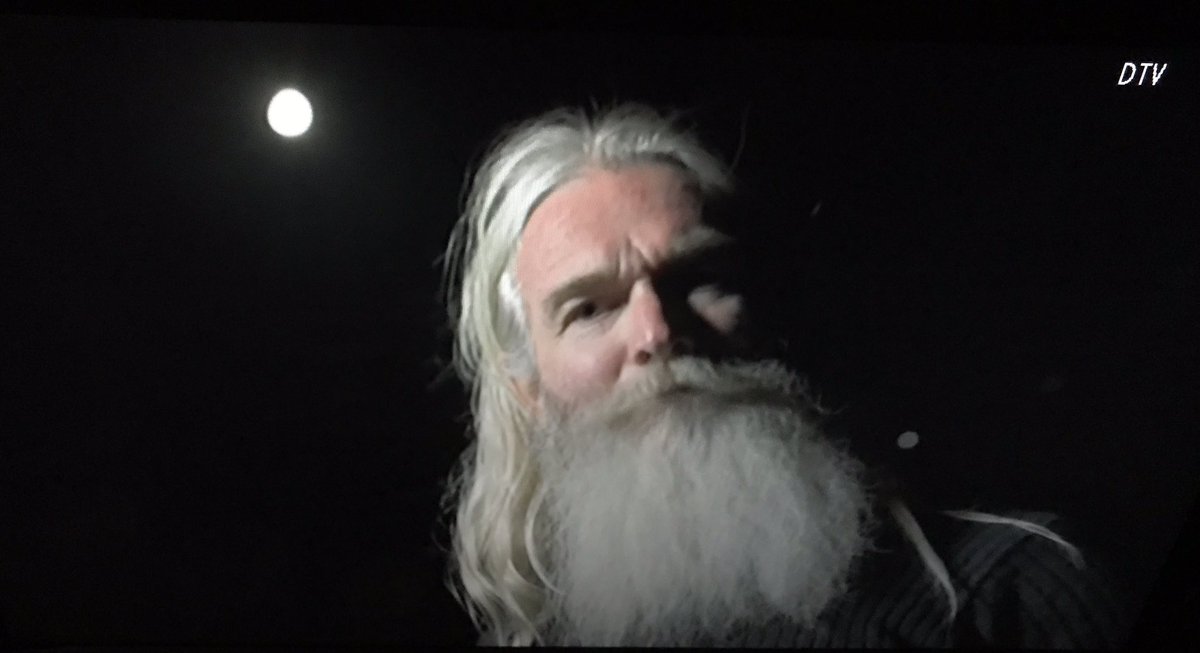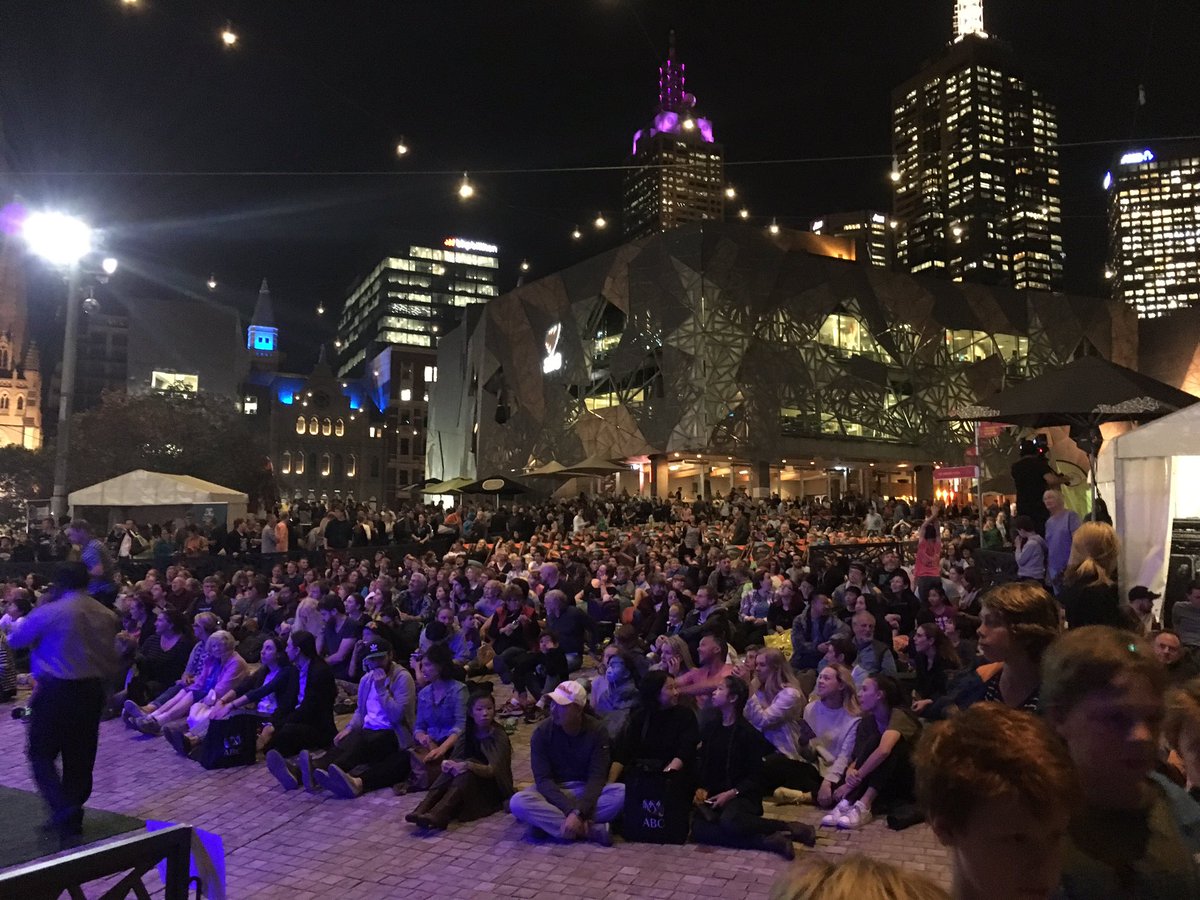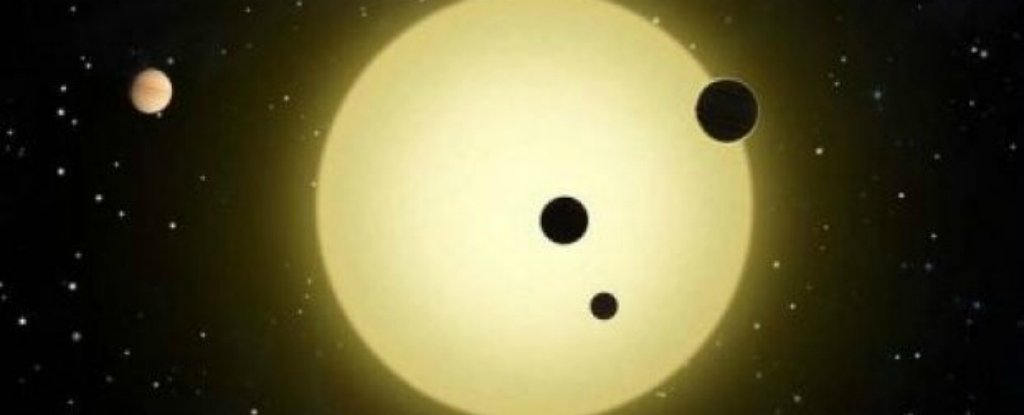...hey kxk... take a look at this article... published on this link below...
https://www.sciencealert.com/an-aus...-discovered-4-new-planets-thanks-to-a-tv-show
...this is a direct result from this show over those 3 nights...
An Australian Mechanic Just Discovered 4 New Planets Thanks to a TV Show
Science is for everyone.
RAY NORRIS, THE CONVERSATION
8 APR 2017
You don't need to be a professional astronomer to find new worlds orbiting distant stars. Darwin mechanic and amateur astronomer Andrew Grey this week helped to
discover a new exoplanet system with at least four orbiting planets.
But Andrew did have professional help and support. The discovery was a highlight moment of this week's three-evening special
ABC Stargazing Live, featuring British physicist
Brian Cox, presenter
Julia Zemiro and others.
Viewers were encouraged to join in the search for exoplanets – planets orbiting distant stars – using the
Exoplanet Explorers website. After a quick tutorial they were then asked to trawl through data on thousands of stars recently observed with NASA's
Kepler Space Telescope.
Grey checked out more than 1,000 stars on the website before discovering the characteristic dips in brightness of the star in the data that signify an
exoplanet.

ABC/Zooniverse
Together with other co-discoverers, Grey's name will appear on a scientific paper reporting the very significant discovery of a star with four planets, orbiting closer to the star than Mercury is to our Sun.
Grey told Stargazing Live:
That is amazing. Definitely my first scientific publication
… just glad that I can contribute. It feels very good.
Cox was clearly impressed by the new discovery:
In the seven years I've been making Stargazing Live this is the most significant scientific discovery we've ever made.
#BREAKING: Stargazing Live viewers find four-planet solar system via crowd-sourcing project
https://t.co/yIMEvPPRJC pic.twitter.com/BpJZcH7Van
— ABC News (@abcnews)
April 6, 2017
A breakthrough for citizen science
So just what does this discovery signify? First, let's be clear: this is no publicity stunt, or a bit of fake news dressed up to make a good story.
This is a real scientific discovery, to be reported in the scientific literature like other discoveries made by astronomers.
It will help us understand the formation of our own Earth. It's also a step towards establishing whether we are alone in the universe, or whether there are other planets populated by other civilisations.
On the other hand, it must be acknowledged that this discovery joins the list of
more than 2,300 known exoplanets discovered by Kepler so far. There are thousands more candidate planets to be examined.
If Grey and his colleagues hadn't discovered this new planetary system, then somebody else would have eventually discovered it. But that can be said of all discoveries. The fact remains that this particular discovery was made by Grey and his fellow citizen scientists.
Amateurs and professionals working together
I think that the greatest significance of this discovery is that it heralds a change in the way we do science.
As I said earlier, Grey didn't make this discovery alone. He used data from the Kepler spacecraft with a
mission cost of US$600 million.
Although we can build stunning telescopes that produce vast amounts of valuable data, we can't yet build an algorithm that approaches the extraordinary abilities of the human brain to examine that data.
A human brain can detect patterns in the data far more effectively than any machine-learning algorithm yet devised. Because of the large volume of data generated by Kepler and other scientific instruments, we need large teams of human brains – larger than any research lab.
But the brains don't need to be trained astrophysicists, they just need to have the amazing cognitive abilities of the human brain.
This results in a partnership where big science produces data, and citizen scientists inspect the data to help make discoveries. It means that anyone can be involved in cutting-edge science, accelerating the growth of human knowledge.
A gathering of brainpower
This is happening all over science and even the arts, from
butterfly hunting to
transcribing Shakespeare's handwriting.
Last year citizen scientists in the Australian-led
Radio Galaxy Zoo project discovered the
largest known cluster of galaxies.
None of these projects would be possible without widespread access to the internet, and readily-available tools to build citizen science projects, such as the
Zooniverse project.
Will machines ever make citizen scientists redundant?
I have argued before that we need to build algorithms called 'machine scientists' to make future discoveries from the vast volumes of data we are generating.
But these algorithms still need to be trained by humans. The larger our human-generated training set, the better our machine scientists will work.
So rather than making citizen scientists redundant, the machine scientists multiply the power of citizen scientists, so that a discovery made by a future Andrew Grey may result in hundreds of discoveries by machines trained using his discovery.
I see the power of citizen scientists continuing to grow. I suspect this is only the start. We can do much more. We can increase the 'fun' of doing citizen science by introducing 'gaming' elements into citizen science programs, or by taking advantage of new technologies such as
augmented reality and
immersive virtual reality.
Perhaps we can tap into other human qualities such as imagination and creativity to achieve goals that still frustrate machines.
I look forward to the day when a Nobel prize is won by someone in a developing country without access to a traditional university education, but who uses the power of their mind, the wealth of information on the web and the tools of citizen science to transcend the dreams of traditional science....
Ray Norris, Professor, School of Computing, Engineering, & Maths, Western Sydney University
This article was originally published on The Conversation. Read the original article.
_________________________________________________________
...well it justified putting the show on in the first place didn't it after all kxk?... I so hope that they do this again... I really do... agreed... it was a tad bit boring in some parts but knowledge of Space and exploration is just so fascinating... I'm amazed that it's taken so long for us to be able to share with each other (even if it's only just you and me kxk lol!) the same passion together that we have with everything to do with Space... hmmmm!... that gives me an idea... cheers.









